Working on a taboo subject can be isolating and demoralising and, as evidenced by the experience of some Girls Not Brides members focused on ending child marriage within their communities, even life-threatening. Until a few years ago, child marriage was such a taboo: it was definitely not considered to be a suitable topic for international summits, hosted by Prime Ministers and heads of UN agencies!
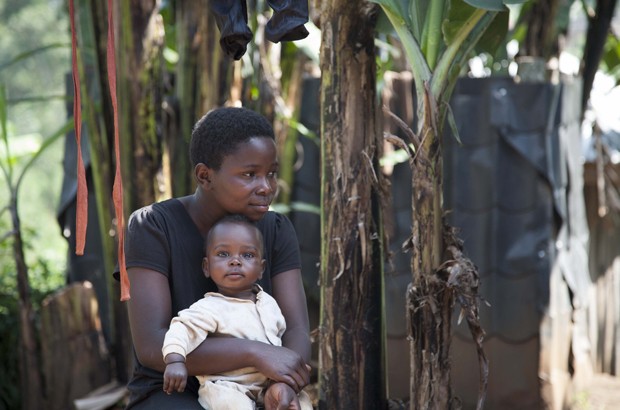
Last year’s Girl Summit showed us just how far we have come, in a very short time. By focusing on child marriage, the Summit brought global attention to this once ignored issue, which can have a devastating impact on the lives of girls.
We know that child marriage has already hindered the achievement of six of the eight Millennium Development Goals and continues to trap 15 million girls a year in a cycle of poverty, ill health and inequality. Tackling child marriage has been identified as a smart investment, which is likely to lead to “improved educational attainment, higher earnings and greater health-seeking behaviour”. This is a target which not only empowers girls and women, but the knock-on effects would mean we stand a better chance of achieving other important development goals.
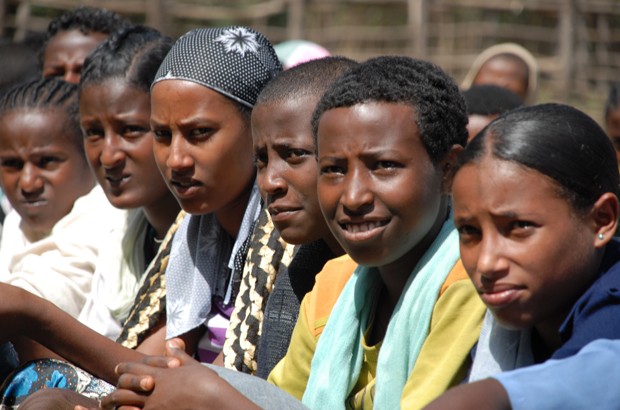
The Girl Summit highlighted the growing global commitment to child marriage, bringing together government ministers, community leaders, UN agencies, civil society and the private sector. Importantly, the Summit saw a high level of participation from many of the countries most affected by child marriage.
The message from Girls Not Brides members attending the Girl Summit – and those following it from afar – was clear: political leaders need to back up their words and commitments with long-term funding and comprehensive, integrated strategies and programmes. But has anything changed since the Summit? Have we made progress?
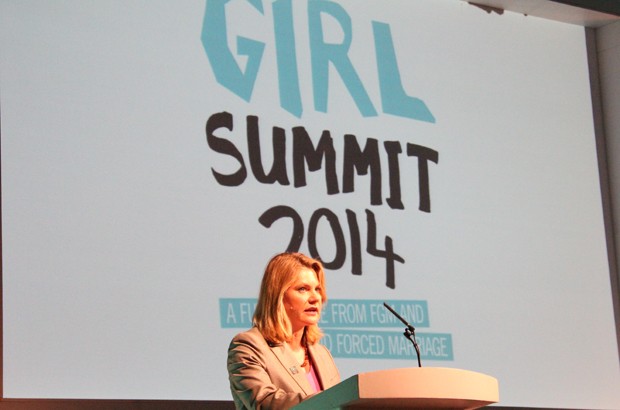
There are certainly successes that we can celebrate: just two weeks ago, the Human Rights Council unanimously adopted a resolution recognising child marriage as a violation of human rights, which was co-sponsored by more than 85 countries from every region of the world.
At the regional level, both the African Union and the South Asian Association for Regional Cooperation have taken on the issue. Several countries are making progress in developing their own strategies to end child marriage. And, all over the world, we continue to see brave individuals and civil society organisations taking a stand against child marriage and working tirelessly to support the girls affected.
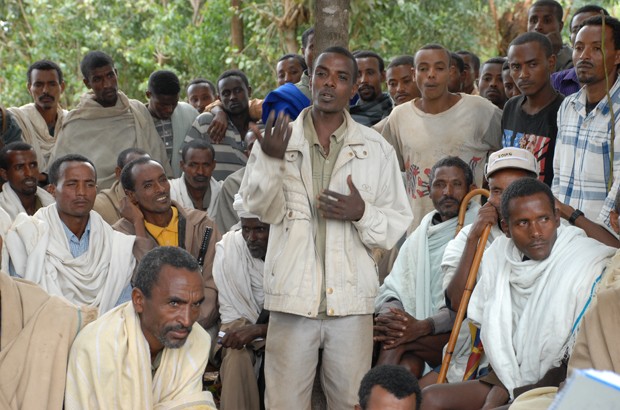
But there is still so much to do. At Girls Not Brides, we would like to mark this anniversary by renewing our call to political leaders to create a lasting legacy of the Girl Summit, and continue to turn your words into actions. You can start by ensuring that the proposed target on ending child, early and forced marriage is included in the final Sustainable Development Goal framework, to be adopted in September.
Of course, a target on paper by itself will not change the lives of girls. Change will only happen when governments make ending child marriage a political priority, when they work with civil society to develop and implement comprehensive, cross-sectoral national action plans, and when these plans are fully resourced. Change will only happen if we measure progress effectively, and are willing to learn from our mistakes and adapt course if needed. Change will only happen if we continue to remember that we are ultimately accountable to the girls whose very lives are at stake.
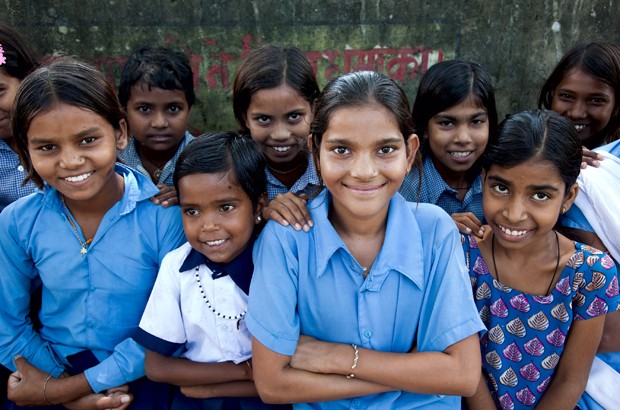
Those who work on child marriage know that this is a complex issue that will not be ‘solved’ within a tidy 12-month period.
But we also know that if we can collectively harness the growing global momentum on ending child marriage – and follow through on all of our pledges and commitments – we can make ending child married within a generation a shared reality, not just an aspiration.
-----------------------------------------------------------------------------------------------------------------------------------
Please note, this is a guest blog. Views expressed here do not necessarily represent the views of DFID or have the support of the British government.

1 comment
Comment by juliana posted on
We are a community based organization in Kenya we have Moe than 30 rescued girls from FGM and early force marriages mostly from the maasaai community where dangerous culture practices are deep rooted. How do we get assistance from you.